Is the UK complicit in Yemen’s civil war?
Saudi Crown Prince receives red carpet treatment as Labour accuses UK military of ‘directing war’ in the Gulf
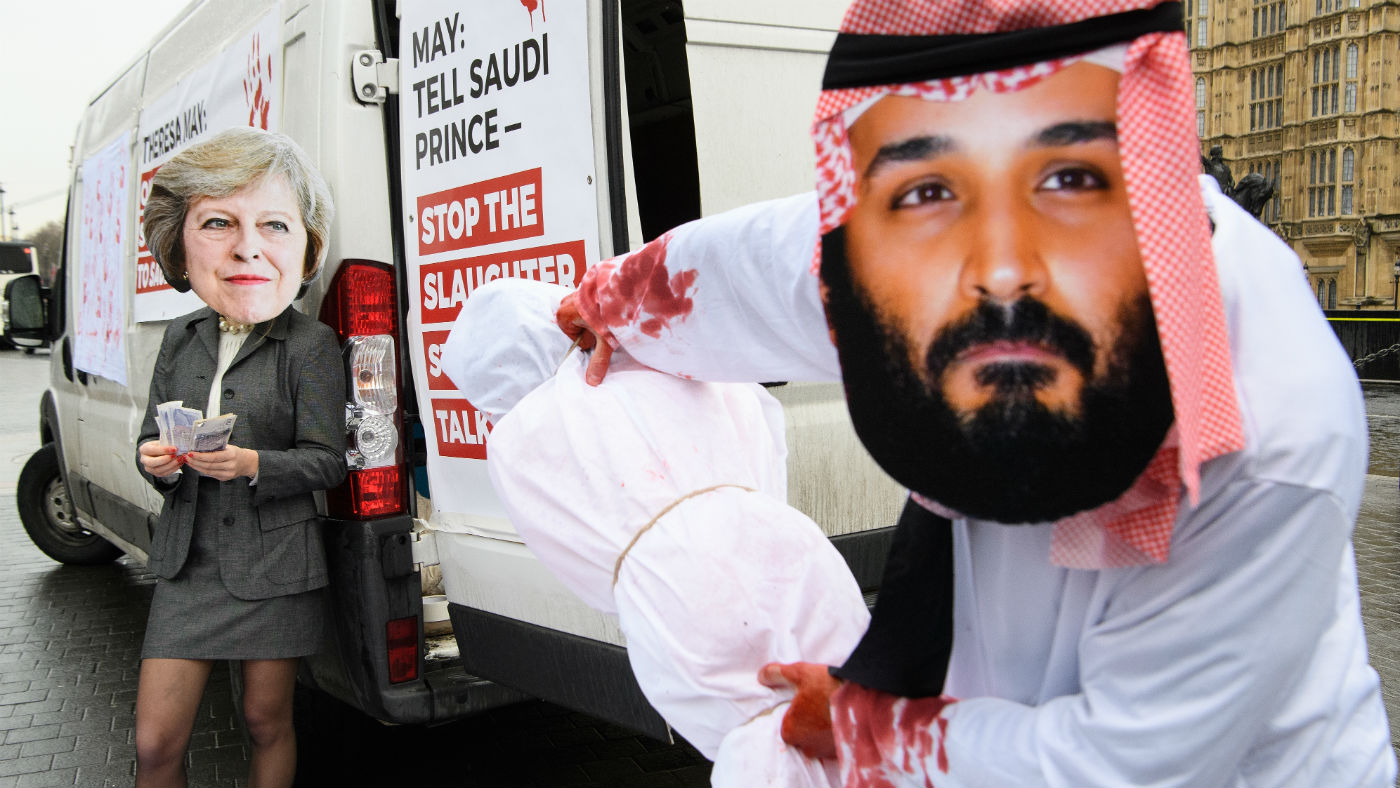
A free daily email with the biggest news stories of the day – and the best features from TheWeek.com
You are now subscribed
Your newsletter sign-up was successful
The British government has been accused of colluding in war crimes by supporting Saudi Arabia’s war in Yemen.
Speaking before Theresa May’s meeting with Saudi Crown Prince Mohammed bin Salman, Labour leader Jeremy Corbyn accused the Government of “colluding in what the United Nations say is evidence of war crimes” and “directing the war” being waged in the Gulf.
Corbyn contrasted Germany’s decision to suspend arms sales to Saudi Arabia with the sharp rise in British sales to the kingdom since the conflict began, as well as the deployment of British military advisers to assist the Saudis.
The Week
Escape your echo chamber. Get the facts behind the news, plus analysis from multiple perspectives.

Sign up for The Week's Free Newsletters
From our morning news briefing to a weekly Good News Newsletter, get the best of The Week delivered directly to your inbox.
From our morning news briefing to a weekly Good News Newsletter, get the best of The Week delivered directly to your inbox.
The UK has used standard arms licences to approve the sale of more than $6.4bn in arms to Saudi Arabia since the start of the war between government forces and Houthi rebels, including advanced jets and munitions.
But figures seen by Middle East Eye show that the Government has also overseen a more than 75% increase in the use of secretive “open licences” to approve additional arms sales to the kingdom, including vital parts for the jets striking targets in Yemen.
More than 10,000 people, many of them civilians, have died since the conflict began in 2015. The UN claims a further eight million are facing starvation as a result of the Saudi blockade of rebel-held ports.
Yemeni Nobel Laureate Tawakkol Karman told The Independent that the UK bore some responsibility for the current crisis in Yemen.
A free daily email with the biggest news stories of the day – and the best features from TheWeek.com
Geoffery Robertson QC, the former president of the UN war crimes court in Sierra Leone, agreed. “Britain would be put in a difficult position if there was evidence from a UN investigation that demonstrated that the weapons the UK has sold were used for crimes against humanity,” he told the paper.
The Prime Minister defended the UK-Saudi relationship, claiming co-operation between the two countries had “saved the lives potentially of hundreds of people in this country” through intelligence sharing.
She also said British influence had helped lift the Saudi blockade of ports in December.
Nevertheless, her Government has faced criticism for rolling out the red carpet for Prince Salman, the architect of Saudi Arabian intervention in Yemen.
The heir to the Saudi throne will meet the Queen, the Prince of Wales and Duke and Duchess of Cambridge during his three-day visit to the UK, “during which time it is reported that the two nations will sign off on a series of business deals worth up to $100bn”, says The Daily Telegraph.
Writing in The Guardian, Labour’s shadow foreign secretary Emily Thornberry says the unwillingness to criticise the regime or limit arms sales is all part of the Government’s desperate ploy to plug its post-Brexit trade hole.
That may well be true, says the BBC. “The British government is keen to transform a security and defence relationship into one that includes broader economic ties as well,” writes its diplomatic correspondent James Landale. “In other words, post-Brexit Britain will need allies, markets and money - and the Saudis are high on the UK’s wish list.”
-
 The Week Unwrapped: Have televised confessions quelled protests in Iran?
The Week Unwrapped: Have televised confessions quelled protests in Iran?Podcast Plus, why has Elon Musk turned from Mars to the Moon? And will the BBC prove to be a puzzles champ?
-
 The week’s best photos
The week’s best photosIn Pictures An Andean god, a rogue squirrel, and more
-
 ‘Zero trimester’ influencers believe a healthy pregnancy is a choice
‘Zero trimester’ influencers believe a healthy pregnancy is a choiceThe Explainer Is prepping during the preconception period the answer for hopeful couples?
-
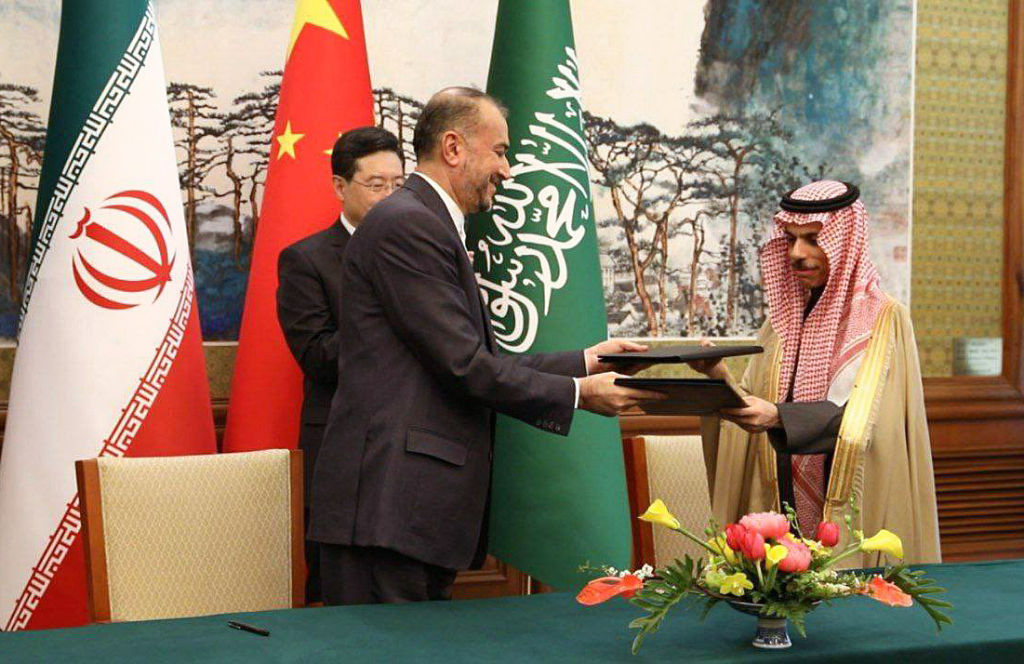 Iran and Saudi Arabia agree to reopen embassies, resume flights in China-brokered thaw
Iran and Saudi Arabia agree to reopen embassies, resume flights in China-brokered thawSpeed Read
-
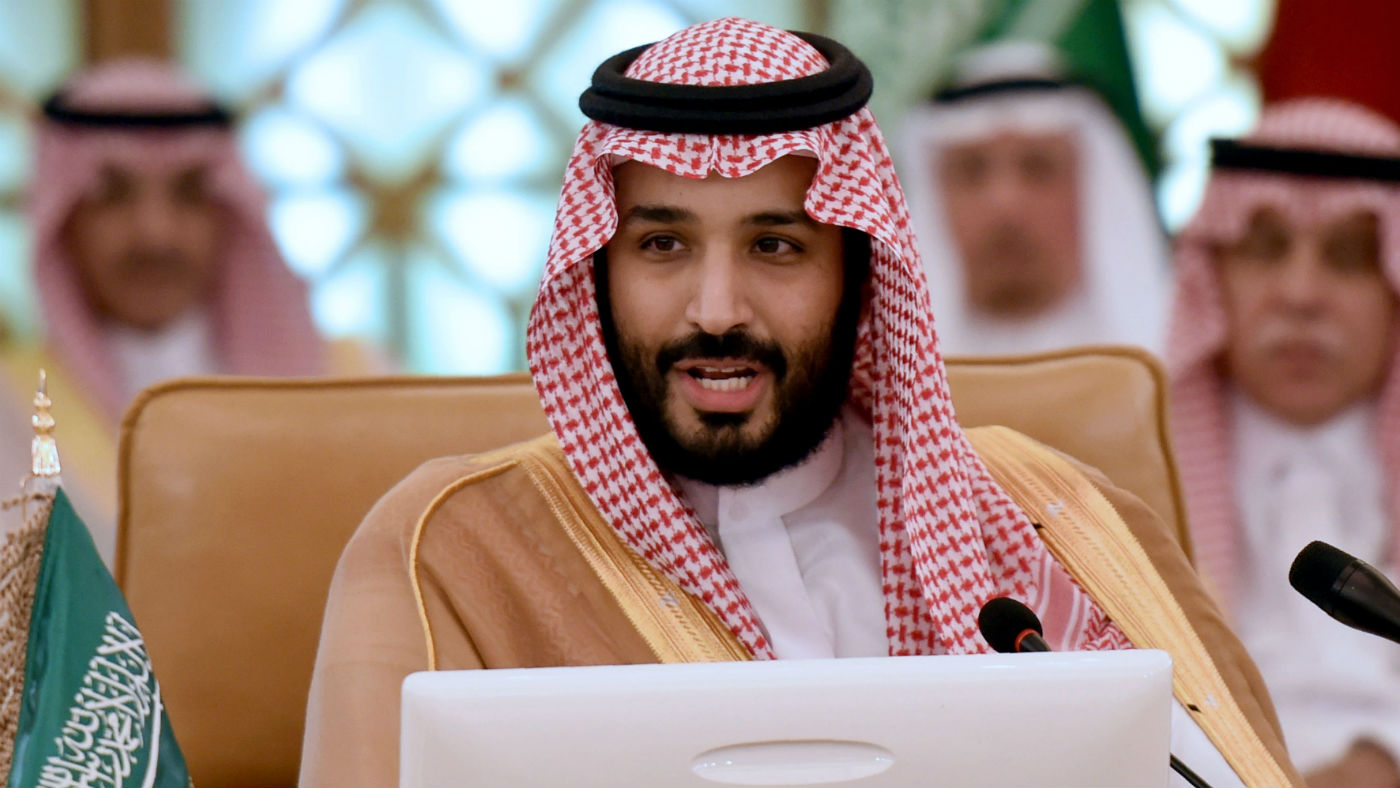 An end to Iran and Saudi Arabia’s seven-year rift
An end to Iran and Saudi Arabia’s seven-year riftfeature Thawing of relations could transform the Middle East
-
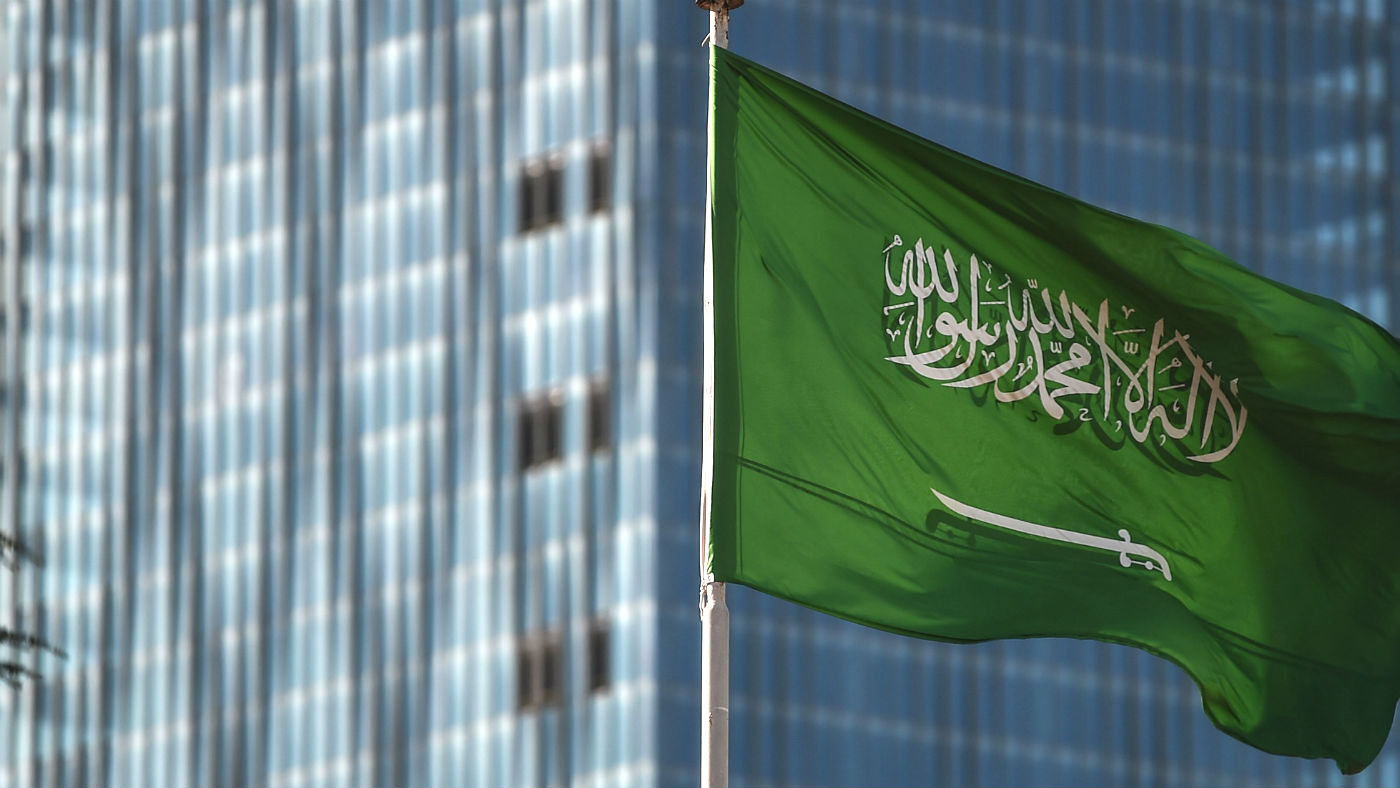 The Week Unwrapped: Antisocial Saudis, hormone therapy and retro tech
The Week Unwrapped: Antisocial Saudis, hormone therapy and retro techpodcast Why is Saudi Arabia investing in – and banning – social networks? Will new research make life easier for trans women? And is the future of technology dumb?
-
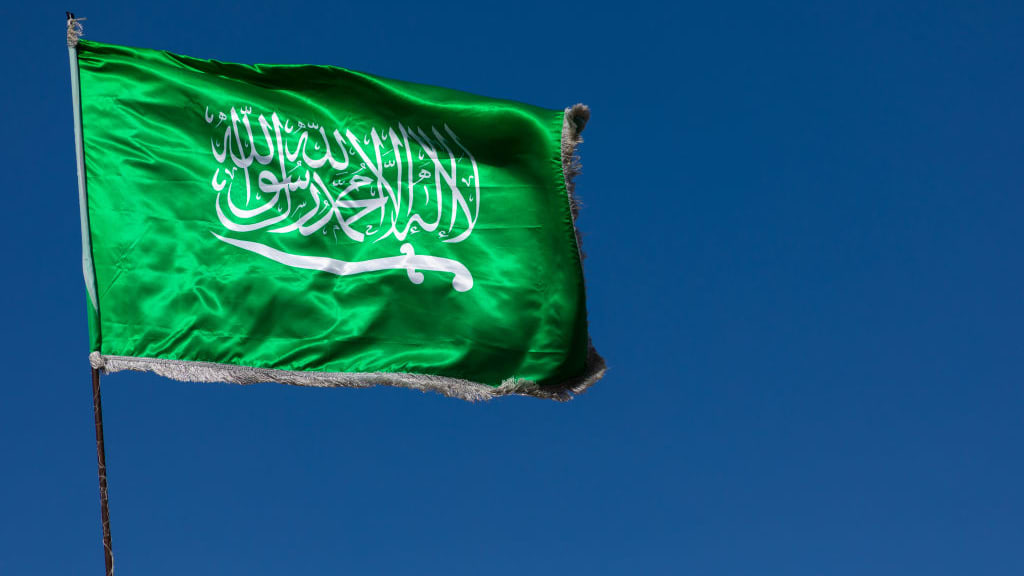 Saudi Arabia sentences U.S. citizen to 16 years in prison over tweets, family says
Saudi Arabia sentences U.S. citizen to 16 years in prison over tweets, family saysSpeed Read
-
 The Week Unwrapped: Nigerian gas, female exercise and a new Saudi city
The Week Unwrapped: Nigerian gas, female exercise and a new Saudi citypodcast Could Nigeria step in to fill the Russian energy gap? Why are British women reluctant to get fit? And what can we expect from a solar-powered city in the desert?
-
 Home Office worker accused of spiking mistress’s drink with abortion drug
Home Office worker accused of spiking mistress’s drink with abortion drugSpeed Read Darren Burke had failed to convince his girlfriend to terminate pregnancy
-
 In hock to Moscow: exploring Germany’s woeful energy policy
In hock to Moscow: exploring Germany’s woeful energy policySpeed Read Don’t expect Berlin to wean itself off Russian gas any time soon
-
 Were Covid restrictions dropped too soon?
Were Covid restrictions dropped too soon?Speed Read ‘Living with Covid’ is already proving problematic – just look at the travel chaos this week